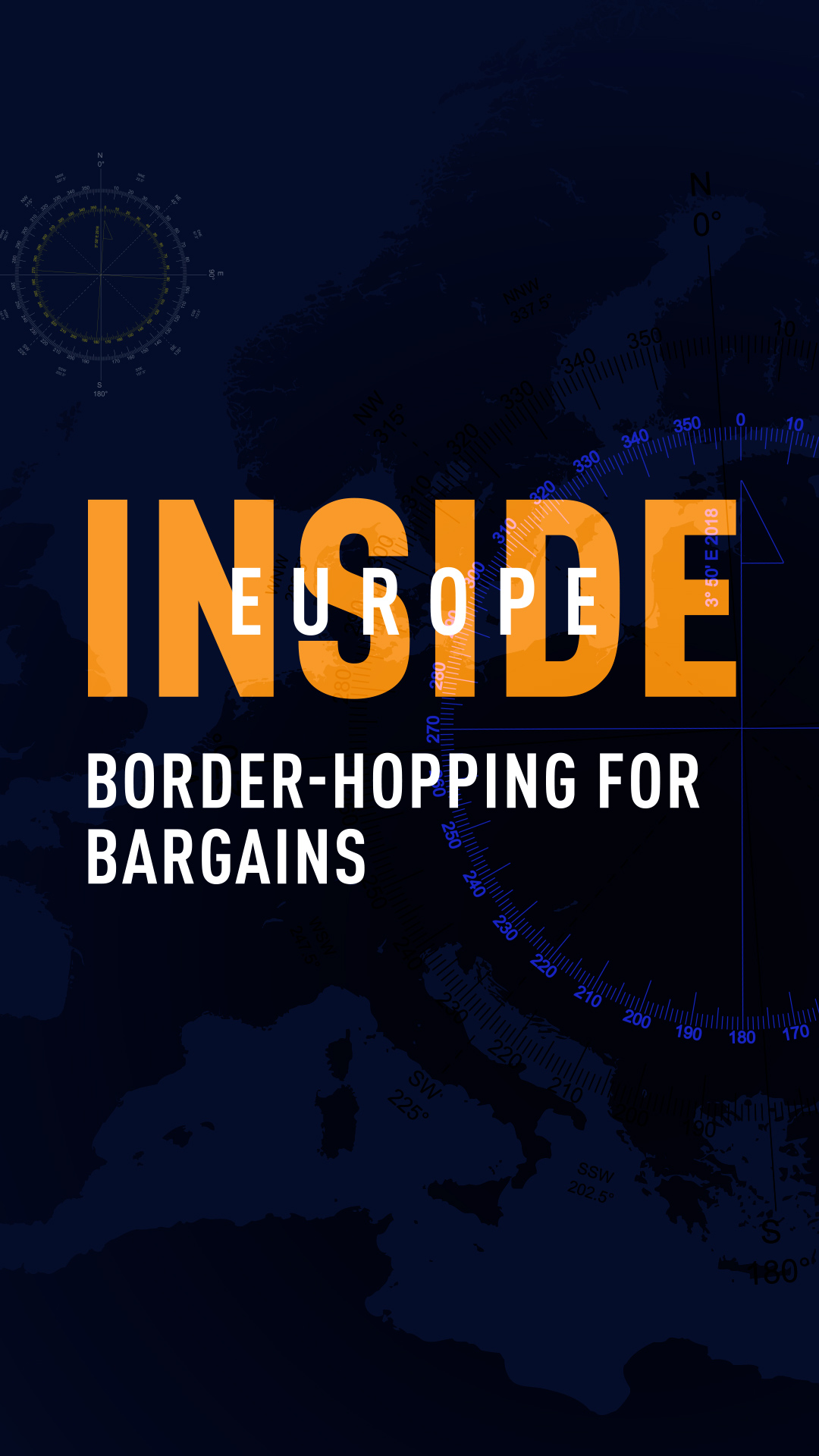01:53

Food inflation in Hungary is currently running at a record 45 percent. That means a shop that cost $100 a year ago, will now be priced at $145. So for many, a trip across the border to Slovakia – where goods are cheaper – is worth every cent.
"You can see the price difference in groceries from one country to another," Brigita Sabjen, one of the many Hungarian shoppers to hop the frontier, tells CGTN. "I think it's not only inflation but a weak Hungarian forint that is hurting us."
Hungary's currency has devalued nearly 25 percent against the dollar since the Ukraine conflict began and currently is the worst-performing currency in Central and Eastern Europe.
"The Hungarian forint is so fragile and lost so much of its value that for producers, it makes sense to export," said Bod Peter Akos, an economist and the former governor of Hungary's national bank.
READ MORE
How drone warfare has evolved
Serbia extends illegal arms amnesty
Kakhovka dam: What will the environmental impact be?
"Second, the tax burden – the Hungarian tax rate is very high. The normal rate on most products, including food, is 27 percent, the highest tax in Europe."
It's is one of the reasons border towns like Komarno in Slovakia have seen an increase in Hungarians doing their weekly shop. But while that might be good for businesses, not everyone is thrilled.
"The shops are getting crowded," says one Slovakian local. "It's not really good for us because we go in, and it's packed; people are pushing to get through."
According to the Hungarian Central Statistical Office, day trips outside Hungary have increased by 35 percent, with most travelers going to Slovakia and Austria and most respondents saying they went to buy food.

In total, Hungarians have spent $162 million in Austria and $55 million in Slovakia this year alone. And with prices significantly lower across the border, it's no wonder.
Take the price of paprika, for instance. One of Hungary's primary exports, in Budapest it costs about $2 per kilo, while in Slovakia it's around $1.60.
In a bid to tackle inflation, the Hungarian government in February last year imposed price caps on six food staples, including flour, sugar, eggs and chicken.
But some market experts say government failure to compensate retailers has led businesses to increase the price of other goods to offset the loss.
"The artificial price regulations make retailers very anxious, wondering what comes next, so they try to increase prices to build fat for the times when the government introduces another tax or fixes the prices again," says Bod Peter Akos.
And as long as market uncertainty, inflation and the weak currency remain issues for Hungarians, more and more shoppers will continue to flock to checkouts in Slovakia or Austria.

Subscribe to Storyboard: A weekly newsletter bringing you the best of CGTN every Friday